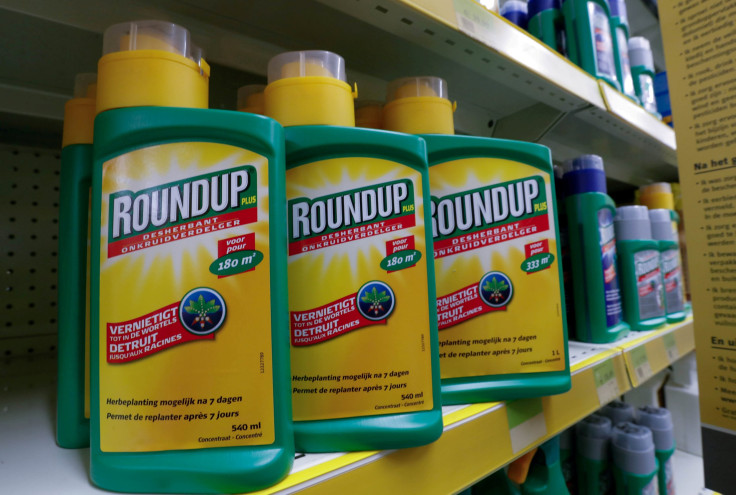Bayer's Monsanto Asks US Court To Toss $289 Million Glyphosate Verdict

Bayer AG unit Monsanto on Tuesday asked a California judge to throw out a $289 million jury verdict awarded to a man who alleged the company's glyphosate-based weed-killers, including Roundup, gave him cancer.
The company said in motions filed in San Francisco's Superior Court of California that the jury's decision was insufficiently supported by the evidence presented at trial by school groundskeeper Dewayne Johnson.
Johnson's case, filed in 2016, was fast-tracked for trial due to the severity of his non-Hodgkin's lymphoma, a cancer of the lymph system, that he alleged was caused by years of exposure to Roundup and Ranger Pro, another Monsanto herbicide that contains glyphosate.
Monsanto asked Superior Court Judge Suzanne Bolanos, who oversaw the trial, to set aside the verdict or, in the alternative, reduce the award or grant a new trial. A hearing on the motions is set for Oct. 10.
The company, which denies the allegations, has previously said it would appeal the verdict if necessary.
Johnson's case was the first to go to trial over allegations that glyphosate causes cancer. Monsanto is facing some 8,000 similar lawsuits across the United States.
Shares in Bayer, which bought Monsanto this year for $63 billion, slid following the Aug. 10 jury decision and the stock was still trading some 20 percent below its pre-verdict value of 73.30 euros ($85.45) on Tuesday.
"The jury's decision is wholly at odds with over 40 years of real-world use, an extensive body of scientific data and analysis ... which support the conclusion that glyphosate-based herbicides are safe for use and do not cause cancer in humans," Bayer said in a statement on Tuesday.
Bayer said Johnson failed to prove glyphosate caused his cancer and the scientific evidence he presented at trial "fell well below the causation standard required under California law."
The U.S. Environmental Protection Agency in September 2017 concluded a decades-long assessment of glyphosate risks and found the chemical is not a likely carcinogen to humans. However, the cancer unit of the World Health Organization in 2015 classified glyphosate as "probably carcinogenic to humans."
The jury found Monsanto failed to warn Johnson and other consumers of the cancer risks posed by its weed-killers. It awarded $39 million in compensatory and $250 million in punitive damages.
The company in its motion for a new trial also said statements by lawyers for Johnson inflamed and inappropriately influenced the jurors. Some legal experts have said Monsanto faces long odds on appeal on those grounds.
© Copyright Thomson Reuters {{Year}}. All rights reserved.





















